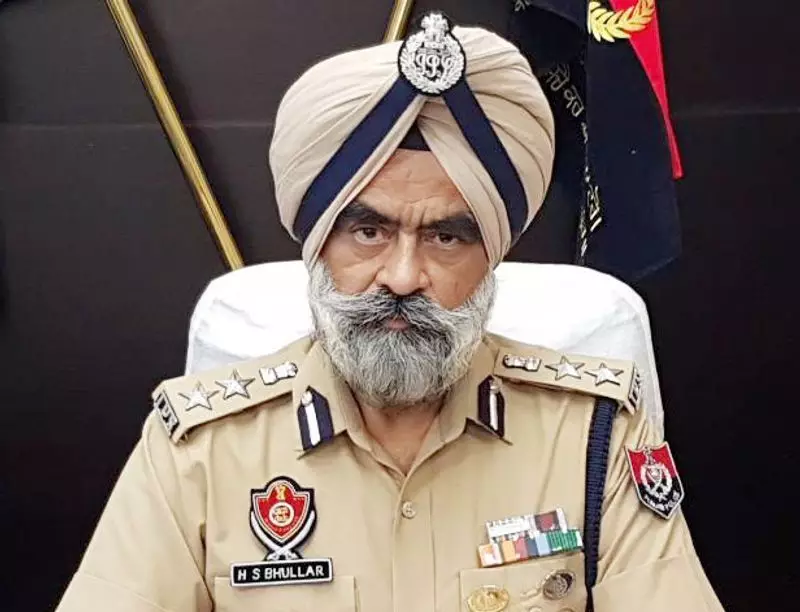
In a significant judicial development that underscores the importance of procedural integrity, a Punjab court has issued a crucial directive mandating the preservation of all records pertaining to meetings between co-accused individuals involved in an ongoing legal case.
Court's Directive on Evidence Preservation
The court's order specifically requires authorities to maintain comprehensive documentation of all interactions between the accused parties, ensuring that these records remain intact and accessible throughout the legal proceedings. This move aims to preserve potential evidence that could prove vital during trial phases.
Legal Implications and Significance
Legal experts suggest this directive serves multiple purposes within the judicial framework:
- Evidence Integrity: Prevents tampering or loss of crucial interaction records
- Procedural Transparency: Ensures all meetings are properly documented and available for judicial scrutiny
- Fair Trial Assurance: Maintains the chain of evidence necessary for a comprehensive legal process
Broader Impact on Judicial Procedures
This ruling highlights the Indian judiciary's commitment to maintaining meticulous records in criminal proceedings. The preservation of such documentation becomes particularly important in cases where interactions between co-accused might reveal critical information about the nature of their association or potential conspiracy elements.
The court's insistence on maintaining these records reflects a growing emphasis on procedural diligence within the Indian legal system, ensuring that no potentially relevant evidence is overlooked or compromised during complex legal battles.





